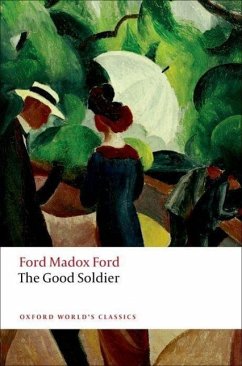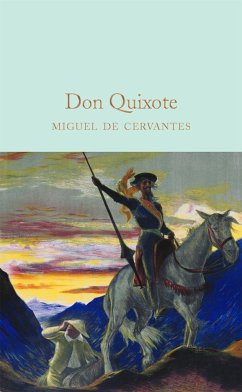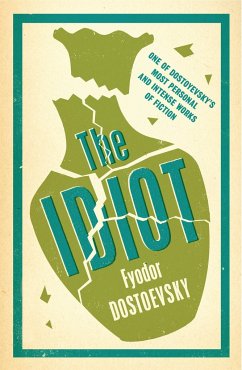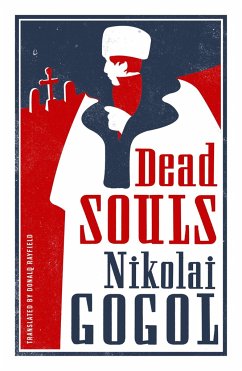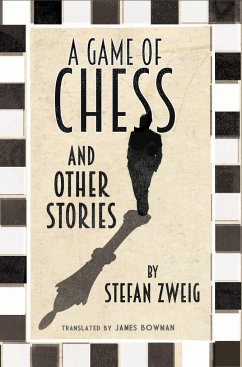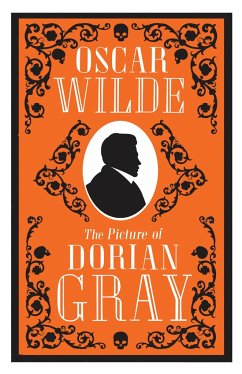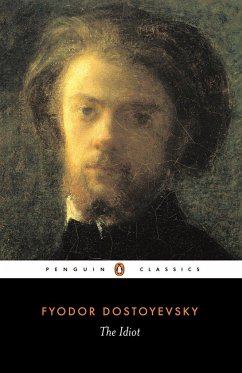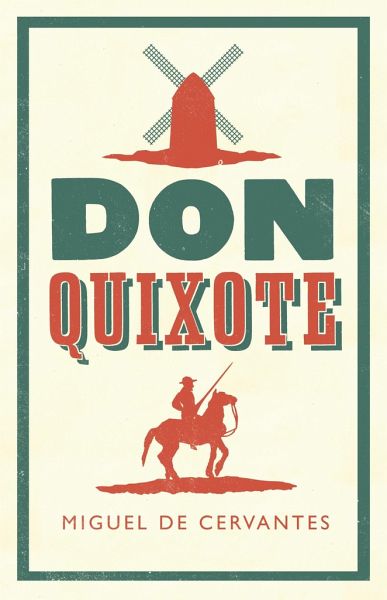
Don Quixote
Versandkostenfrei!
Sofort lieferbar
9,99 €
inkl. MwSt.

PAYBACK Punkte
5 °P sammeln!
A tale of unbridled greed and an insatiable thirst for power set in eleventh-century Scotland, Macbeth has long been recognized as Shakespeare's fastest-moving tragedy, combining relentless narrative momentum with a profound examination of how psychological coercion mixed with personal ambition can lead to murder - and how individual impulses can shape both a man's own destiny and the course of history.First performed in around 1606 and published in the First Folio of 1623, Macbeth is presented here in a fully annotated edition that will make the text accessible to twenty-first-century readers...
A tale of unbridled greed and an insatiable thirst for power set in eleventh-century Scotland, Macbeth has long been recognized as Shakespeare's fastest-moving tragedy, combining relentless narrative momentum with a profound examination of how psychological coercion mixed with personal ambition can lead to murder - and how individual impulses can shape both a man's own destiny and the course of history.
First performed in around 1606 and published in the First Folio of 1623, Macbeth is presented here in a fully annotated edition that will make the text accessible to twenty-first-century readers, enabling them to appreciate its poetry and encouraging them to delve deeper into its variegated and complex history.
Textual Approach:
Light editorial approach making the text more accessible to modern readers - Meticulous editing, faithful to the first Folio of 1623 - Over 900 textual notes for a clearer or fuller understanding of a word, sentence or passage - Historical notes at the end of the book Additional notes about variants - Appendix with modernised and annotated Holinshed text - Includes Middleton's witches' songs - Takes into consideration all modern Shakespeare scholarship - Provides new insight into one of Shakespeare's major tragedies.
First performed in around 1606 and published in the First Folio of 1623, Macbeth is presented here in a fully annotated edition that will make the text accessible to twenty-first-century readers, enabling them to appreciate its poetry and encouraging them to delve deeper into its variegated and complex history.
Textual Approach:
Light editorial approach making the text more accessible to modern readers - Meticulous editing, faithful to the first Folio of 1623 - Over 900 textual notes for a clearer or fuller understanding of a word, sentence or passage - Historical notes at the end of the book Additional notes about variants - Appendix with modernised and annotated Holinshed text - Includes Middleton's witches' songs - Takes into consideration all modern Shakespeare scholarship - Provides new insight into one of Shakespeare's major tragedies.




